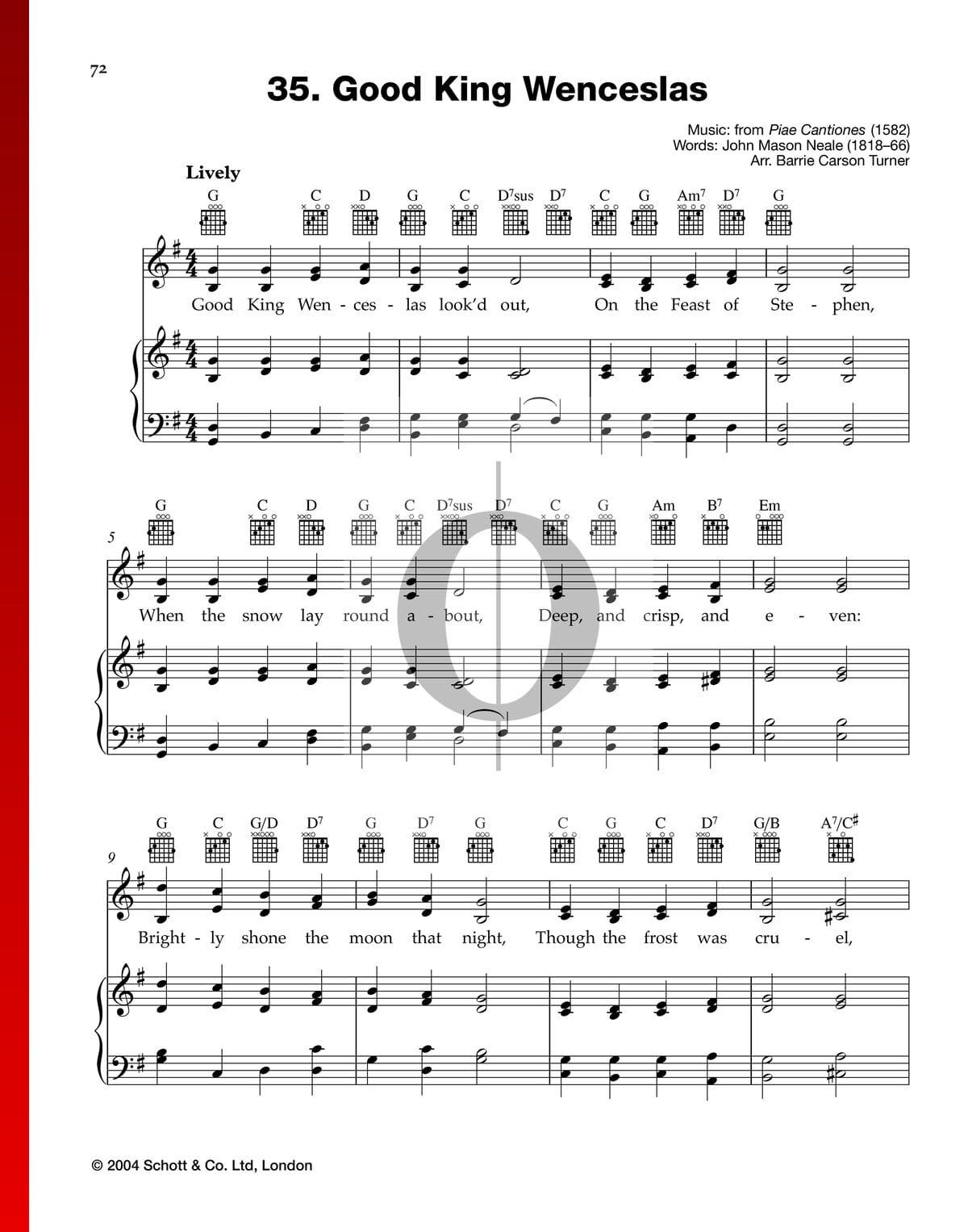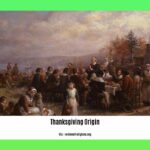Have you ever wondered about the story behind the beloved Christmas carol “Good King Wenceslas”? This heartwarming song, a staple of holiday celebrations worldwide, tells a tale of generosity and compassion amidst a harsh winter landscape. Join us as we explore the rich history and enduring legacy of “Good King Wenceslas,” delving into its lyrics, the historical figure who inspired it, and its ongoing relevance in modern society.
Decoding the Lyrics of a Christmas Classic
“Good King Wenceslas” tells a captivating story of a benevolent ruler braving a blizzard to aid a poor man on the Feast of Stephen. Let’s examine the lyrics themselves, which paint a vivid picture of this charitable act.
(Full Lyrics of “Good King Wenceslas”)
“`
Good King Wenceslas looked out
On the Feast of Stephen
When the snow lay round about
Deep and crisp and even
Brightly shone the moon that night
Though the frost was cruel
When a poor man came in sight
Gath’ring winter fuel
“Hither, page, and stand by me
If thou know’st it, telling
Yonder peasant, who is he?
Where and what his dwelling?”
“Sire, he lives a good league hence
Underneath the mountain
Right against the forest fence
By Saint Agnes’ fountain.”
“Bring me flesh, and bring me wine
Bring me pine logs hither
Thou and I will see him dine
When we bear them thither.”
Page and monarch forth they went
Forth they went together
Through the rude wind’s wild lament
And the bitter weather
“Sire, the night is darker now
And the wind blows stronger
Fails my heart, I know not how
I can go no longer.”
“Mark my footsteps, good my page
Tread thou in them boldly
Thou shalt find the winter’s rage
Freeze thy blood less coldly.”
In his master’s steps he trod
Where the snow lay dinted
Heat was in the very sod
Which the Saint had printed
Therefore, Christian men, be sure
Wealth or rank possessing
Ye who now will bless the poor
Shall yourselves find blessing
“`
These verses depict Wenceslas observing a peasant gathering firewood on a frigid night. Moved by compassion, he gathers provisions and embarks on a journey with his page to deliver them. The journey is arduous, but Wenceslas encourages his struggling page, and a miracle occurs—the king’s footprints in the snow provide warmth, enabling them to persevere. This suggests that acts of kindness, particularly during challenging times, can have a profound impact.
The Historical Wenceslas: Separating Fact from Legend
King Wenceslas wasn’t a figment of imagination, but a real historical figure – Duke Wenceslaus I of Bohemia (c. 907-935 AD). While the carol presents a romanticized image, the historical Wenceslas lived a far more complex life. He ruled during a period of religious and political upheaval, championing Christianity in a land still transitioning from paganism. This probably led to considerable conflict, culminating in his assassination by his brother, Boleslaus I.
The Feast of Stephen, referenced in the carol, is celebrated on December 26th. This timing likely influenced the carol’s theme of charitable giving, as the Christmas season emphasizes compassion and care for those in need. You must not miss to explore the Fredericksburg Expo Center if you enjoy history and culture.
From Spring Carol to Winter Hymn: Tracing the Carol’s Origins
The “Good King Wenceslas” we sing today wasn’t composed during Wenceslas’s time. The lyrics were written by John Mason Neale (1818-1866) in 1853. Interestingly, the melody he used was adapted by Thomas Helmore (1811-1890) from “Tempus adest floridum,” a 13th-century spring carol. This intriguing blend of a winter narrative with a spring melody adds a unique dimension to the carol. There is debate among scholars about the specific reasons for this adaptation, and further research might shed more light on this intriguing aspect of the carol’s history.
The Enduring Legacy: A Timeless Message of Compassion
“Good King Wenceslas” continues to resonate with audiences worldwide, appearing in countless Christmas celebrations, recordings, and adaptations. Its enduring popularity speaks to the timeless nature of its message, reminding us of the importance of charity and compassion, especially towards the vulnerable. Take a spiritual tour of Greyfriars Cemetery to reflect on history and legacy.
The Moral of the Story: Lessons in Giving and Kindness
Beyond its historical and musical context, “Good King Wenceslas” offers valuable moral lessons. The story emphasizes active compassion, urging us to go beyond mere sympathy and take concrete action to help those in need. Wenceslas’s personal involvement in aiding the peasant highlights the importance of selfless generosity, putting others’ needs before our own comfort. The carol also suggests that kindness can be contagious, inspiring others to follow suit.
Conclusion: Embracing the Spirit of “Good King Wenceslas”
“Good King Wenceslas” is more than just a charming Christmas carol. It’s a story that has resonated through the ages, reminding us of the importance of compassion, generosity, and the enduring power of the human spirit. This holiday season, let us embrace the carol’s message and strive to embody its spirit of kindness in our own lives. Share this timeless tale with others and explore the many interpretations and adaptations that have enriched its legacy.
- Revolution Space: Disruptive Ion Propulsion Transforming Satellites - April 24, 2025
- Race Through Space: Fun Family Game for Kids - April 24, 2025
- Unlocking the Universe: reading about stars 6th grade Guide - April 24, 2025
















